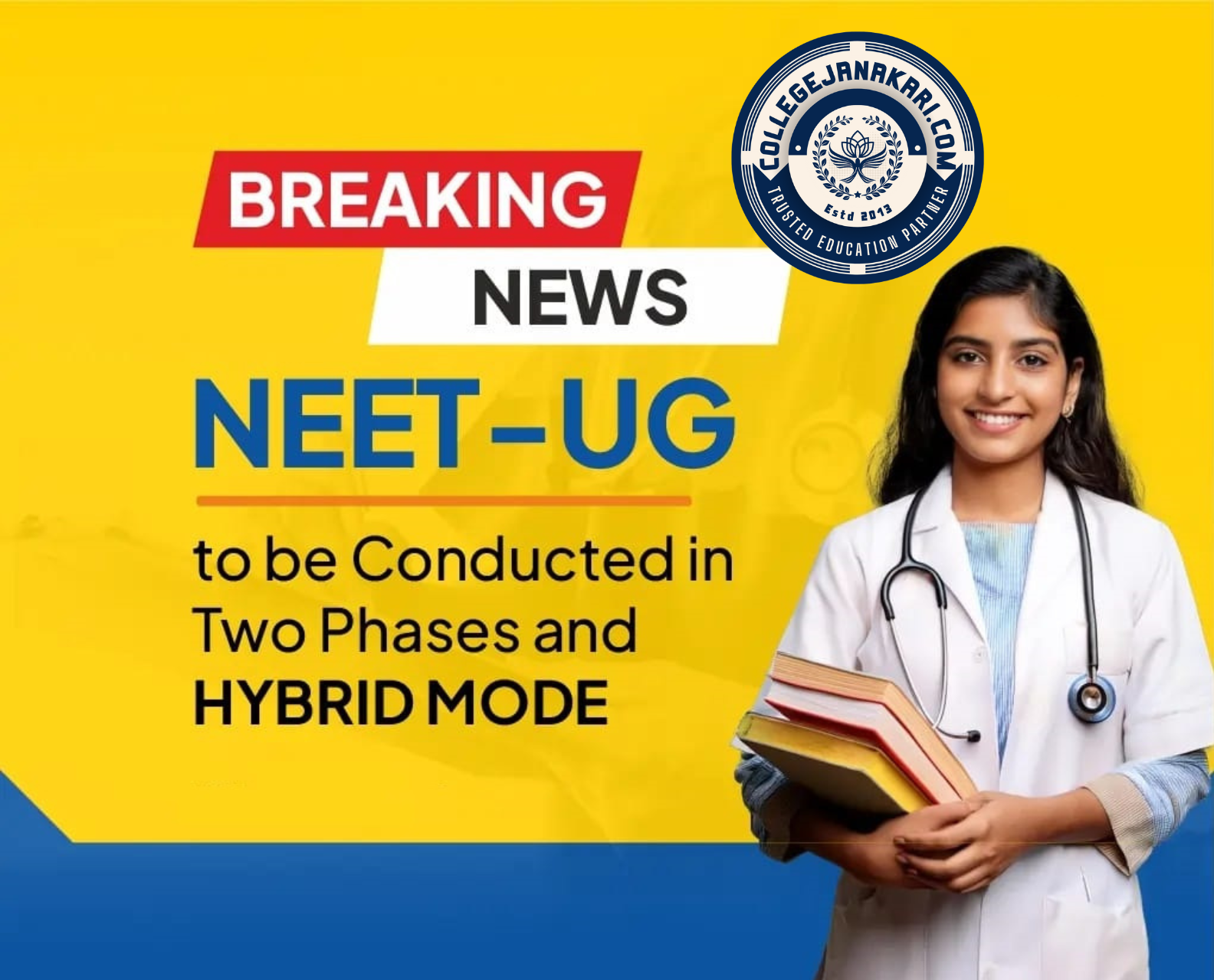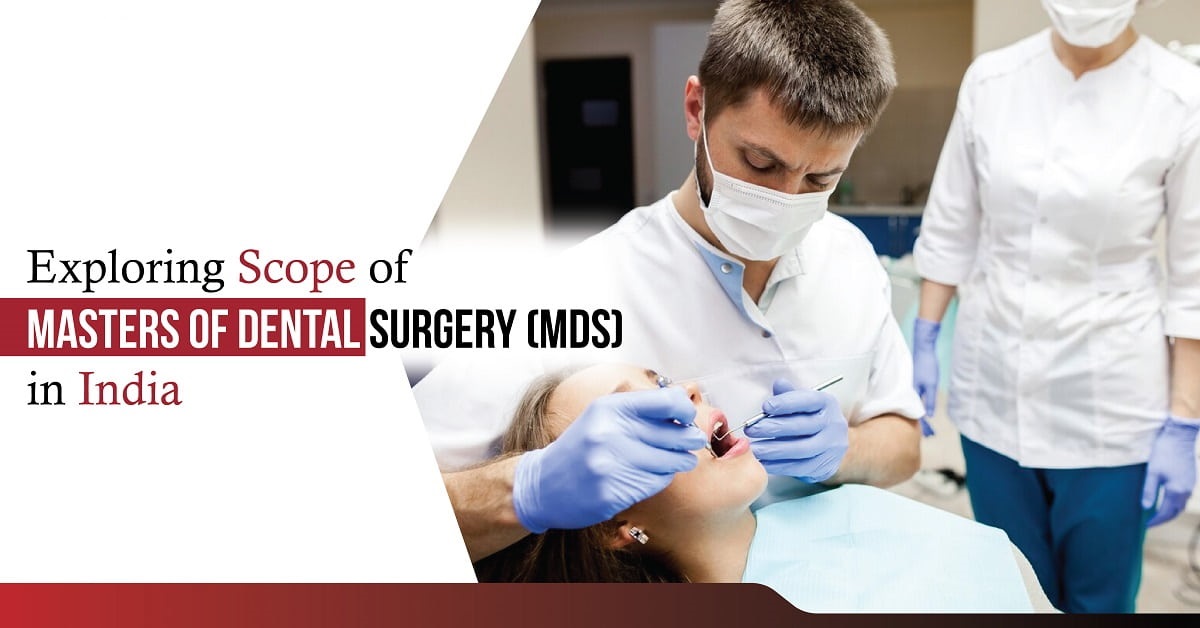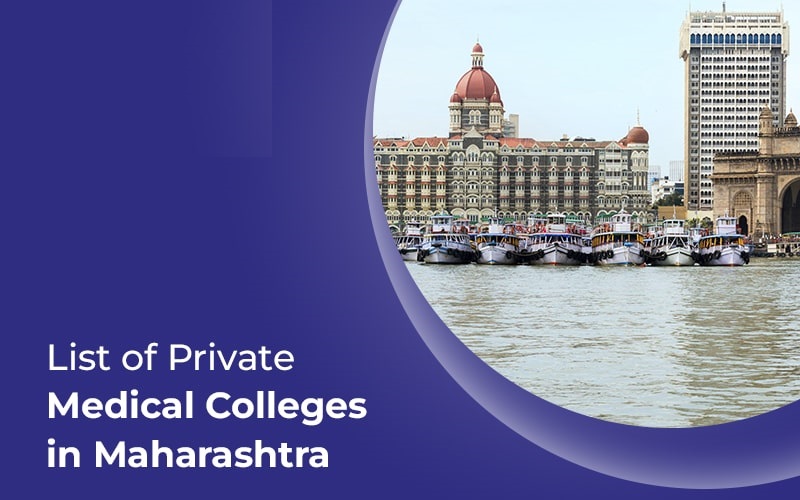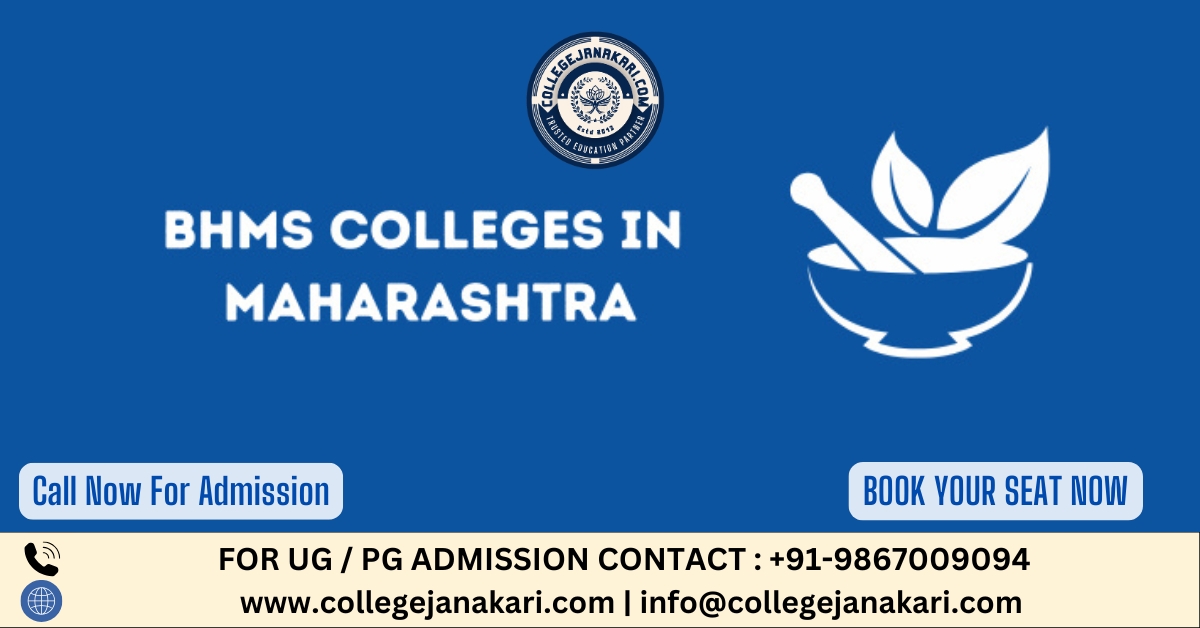
Breaking News: NEET-UG to be Conducted in Two Phases and Hybrid Mode
In a landmark decision, the Indian government has agreed to implement significant changes in the conduct of the NEET-UG examination, aimed at restoring fairness and transparency in medical entrance examinations. The modifications come after widespread concerns regarding irregularities in last year’s exam, which sparked nationwide debates.
Key Highlights of the Decision
-
Examination Structure Revamped
NEET-UG will now be conducted in two phases to minimize malpractices and ensure a smoother evaluation process. Additionally, a hybrid mode will be introduced, combining traditional and digital methodologies. This change is set to redefine how one of the most critical exams for medical aspirants in India is conducted.
-
Formation of Committees Post-Controversy
Last year’s alleged irregularities in NEET-UG led to the formation of a high-level committee by the Ministry of Education. The committee, chaired by a former Supreme Court judge, was tasked with assessing the examination system and recommending improvements. The committee included academic experts and professionals from diverse fields, ensuring a comprehensive review.
Structural Changes Recommended
The committee proposed two significant structural changes, which have now been approved:
-
Standardized Testing Centers
A network of 1,000 government institutions has been designated as Standard Testing Centers to ensure transparency and prevent any malpractice. These centers will be equipped with advanced technology and rigorous security measures to maintain the sanctity of the examination process.
-
High-Powered Steering Committee
A steering committee of experts from 10 key domains has been constituted to oversee and regulate the implementation of these changes. This committee will work proactively to resolve potential issues and enhance the efficiency of the examination system.
Supreme Court’s Stance
The Supreme Court emphasized that the revamped system should address past grievances while ensuring that students’ future is not jeopardized. It has clarified that no major lapses in the process would be tolerated. The new system will be implemented for NEET-UG, marking a new era for medical entrance exams in India.
What This Means for Students
These changes aim to ensure that the examination process is fair, transparent, and devoid of malpractices. Students can expect a more structured and reliable system that prioritizes their efforts and aspirations.
With these reforms, NEET-UG is set to become a benchmark for competitive exams, promising a brighter future for aspiring doctors across the country.
Conclusion
The Supreme Court’s intervention and the government’s acceptance of these recommendations underline the importance of transparency and trust in the education system. These steps are expected to inspire confidence among students and parents, ensuring that merit continues to be the guiding principle for admissions into medical colleges.











